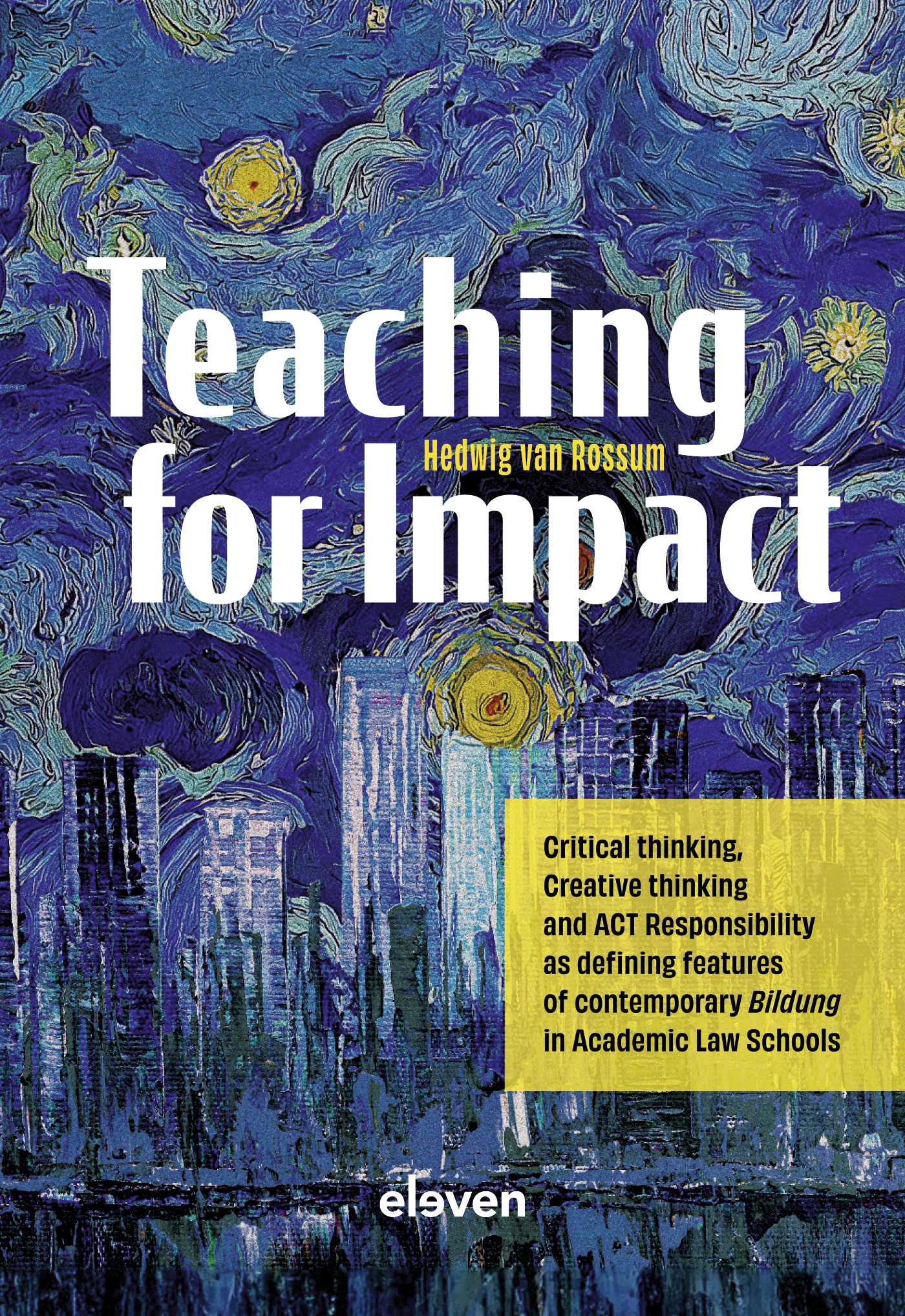Binding : Hardback
Distributievorm : Boek (print, druk)
Formaat :
171mm x 246mm
Aantal pagina's :
333
Uitgeverij :
Eleven international publishing
ISBN :
9789047301837
Datum publicatie : 12-2023

€ 107,50
ePUB ebook
niet beschikbaar
PDF ebook
niet beschikbaar
€ 107,50
niet beschikbaar
niet beschikbaar
5-6 werkdagen
Veilig betalen 

14 dagen bedenktermijn

